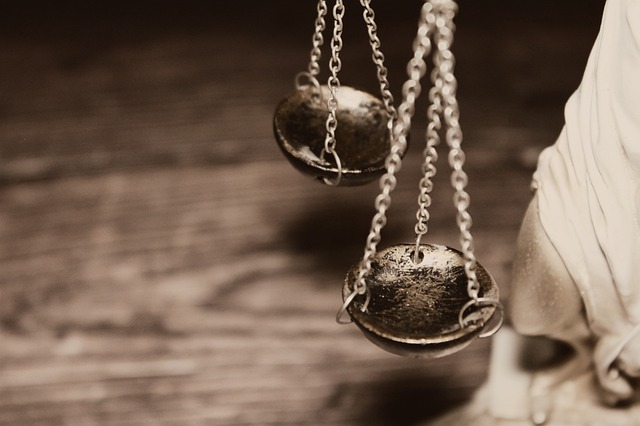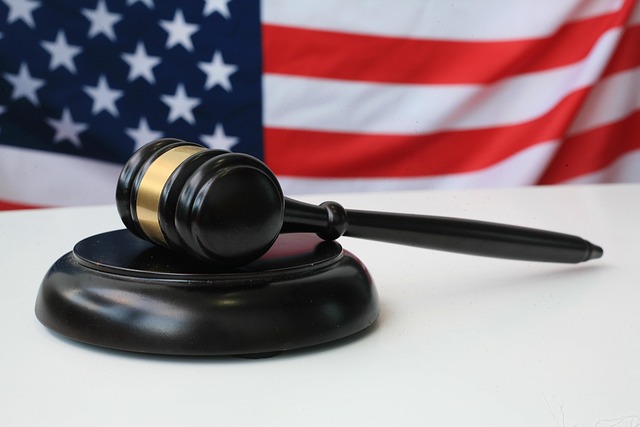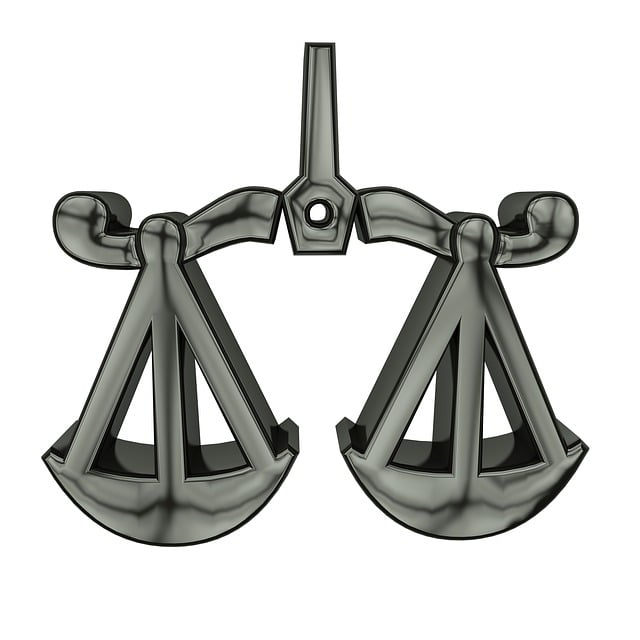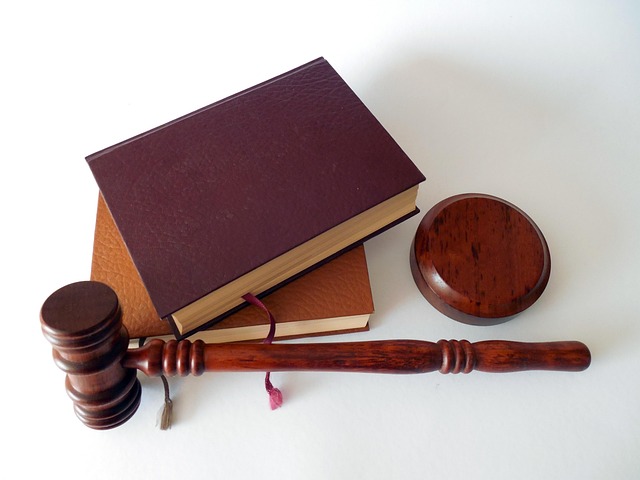Prior convictions carry significant weight in shaping sentencing outcomes, impacting both civil and criminal cases. In high-stakes white-collar defense, understanding and managing these previous offenses are critical for fair trials and reduced sentences. Skilled attorneys negotiate plea deals, present compelling narratives, and challenge admissibility to minimize the impact of prior convictions, offering defendants opportunities to mitigate harsh penalties despite their criminal history.
Litigation types vary greatly, with civil and criminal cases forming the core of legal proceedings. Understanding prior convictions is crucial, as they significantly impact sentencing outcomes. This article delves into the definition and legal ramifications of prior convictions, explores contrasting litigation types, and examines their roles in sentencing. We also provide strategies to mitigate the effect of prior convictions, offering insights for both legal professionals and individuals navigating the legal system. Discover how these factors intertwine in shaping legal outcomes.
- Understanding Prior Convictions: Definition and Legal Impact
- Types of Litigation: Civil vs Criminal Cases
- The Role of Prior Convictions in Sentencing: A Deep Dive
- Strategies for Mitigating the Effect of Prior Convictions on Sentencing Outcomes
Understanding Prior Convictions: Definition and Legal Impact

Understanding prior convictions is crucial when navigating the complexities of litigation, especially in high-stakes cases like white-collar defense. A prior conviction significantly influences sentencing outcomes, adding a layer of complexity to legal strategies. Judges often consider a defendant’s criminal history when determining an appropriate sentence, which can lead to harsher penalties for repeat offenders. This is particularly true for severe crimes, where a strong record of previous convictions may result in longer jail terms and stricter conditions.
For individuals facing charges, managing or avoiding prior convictions becomes a critical aspect of their legal defense. Skilled attorneys in white-collar defense focus on strategies to minimize the impact of these past offenses. This may involve negotiating plea deals that take into account the defendant’s prior record or crafting compelling arguments during sentencing hearings to present a more favorable picture to the court, ultimately aiming to avoid indictment and mitigate potential sentences.
Types of Litigation: Civil vs Criminal Cases

Litigation comes in various forms, with civil and criminal cases being two primary types. Civil litigation involves disputes between individuals or organizations seeking monetary compensation or specific performance for a breach of duty. These cases often revolve around contracts, property, personal injury, and torts. In contrast, criminal litigation is a legal process in which the state or federal government accuses an individual of committing a crime. Unlike civil cases where the focus is on compensation, criminal proceedings aim to establish guilt, impose punishment, and protect society.
In both types of litigation, prior convictions can significantly impact sentencing outcomes, especially in high-stakes cases. For instance, if an individual has a history of similar offenses, a judge might impose a harsher sentence as a deterrent or to reflect the severity of the crime. However, in some situations, a complete dismissal of all charges is possible through robust legal representation, ensuring that clients receive a fair trial and just outcomes regardless of their prior record.
The Role of Prior Convictions in Sentencing: A Deep Dive

The role of prior convictions in sentencing is a complex aspect of criminal justice that significantly influences the outcomes of high-stakes cases. Courts often consider a defendant’s previous criminal record when determining an appropriate sentence, weighing factors such as the nature and severity of past offenses against current charges. This process, known as sentencing enhancement, can dramatically alter the range of punishment options available to judges, leading to longer prison sentences or stricter probation terms.
Understanding how prior convictions affect sentencing outcomes is crucial, especially in jury trials where the decision-making process is transparent. In many cases, a defendant’s history of criminal activity serves as a stark reminder of their past misdeeds and may sway jurors towards tougher sentencing decisions. However, it’s essential to remember that avoiding indictment or mitigating charges through plea bargains can also impact sentencing outcomes, providing opportunities for defendants to navigate the legal system with reduced penalties in certain circumstances.
Strategies for Mitigating the Effect of Prior Convictions on Sentencing Outcomes

Prior convictions significantly influence sentencing outcomes, often to the disadvantage of defendants. The impact can be profound, especially in cases involving white-collar crimes, where a history of offenses may lead to harsher penalties. However, there are strategic approaches to mitigate this effect. One effective method is to present a compelling narrative that contextualizes the prior convictions, highlighting any personal growth or positive changes since the initial offenses. This can involve testimony from character witnesses, such as former colleagues or community members who can attest to the defendant’s rehabilitation and current law-abiding lifestyle.
Additionally, legal teams can employ a robust defense strategy focusing on the circumstances of the current case. By challenging the admissibility of prior convictions or presenting alternative explanations for the defendant’s actions, attorneys can potentially sway the sentencing judge. The goal is to demonstrate that the defendant’s past does not accurately reflect their present self, especially in cases where the offenses are non-violent and have contributed to positive changes, such as successful participation in philanthropic or political communities.
Prior convictions significantly influence sentencing outcomes, as highlighted throughout this article. Understanding the legal impact of these convictions is crucial for both defendants and legal professionals. By recognizing the distinctions between civil and criminal cases, and appreciating the role of prior convictions in sentencing, individuals can better navigate the legal system. Implementing effective strategies to mitigate the effects of past offenses can lead to more favorable sentencing outcomes, emphasizing the importance of legal counsel and a thorough understanding of one’s rights in these complex matters.






